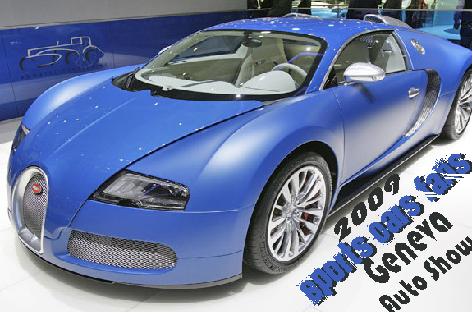Paris 2010: Mastretta MXT stakes a claim for Mexican elemental performance

Mexico may be known as a hub for automotive production in the Americas, but it isn't typically identified as a hotbed of design or engineering. The folks at Mastretta are out to change that with their new MXT sports car.
Powered by a Ford-sourced 2.0-liter Duratec I4 engine mounted amidships and plumbed with a turbo for 250 horsepower and 257 pound-feet of torque, the MXT is a simple, lightweight proposition designed to resonate with the Colin Chapmans and Gordon Murrays of this world. The overall shape of the car is perhaps derivative but quite appealing in person, with better-than-expected fit and finish for a small-volume prototype, though the interior still needs some modest refining (even for an elemental track day car). The aluminum semi-monocoque construction features a carbon fiber belly pan and a steel subframe, and suspension is via double wishbones front and rear. The body is comprised of fiberglass reinforced plastic, which should help with both ease of manufacturing and updating.
The overall shape of the car is perhaps derivative but quite appealing in person, with better-than-expected fit and finish for a small-volume prototype, though the interior still needs some modest refining (even for an elemental track day car). The aluminum semi-monocoque construction features a carbon fiber belly pan and a steel subframe, and suspension is via double wishbones front and rear. The body is comprised of fiberglass reinforced plastic, which should help with both ease of manufacturing and updating.
Thanks to Mexico's low labor costs, the folks at Mastretta (a company that cut its teeth building kit cars and commercial buses) are optimistic that they can sell the 2,050-pound MT for just $50,000-$60,000 for European audiences, with the goal of eventually bringing the car north to the States. That strikes us as an ambitious target for a car with over 1,800 unique pieces and a handful of major carbon fiber components, but with virtually no costly electronics to develop (there's no stability control, ABS, or what have you) and no airbags (at least in this prototype stage), it's possible that they could be on to something.
Mastretta officials we spoke with are going for UK certification shortly in order to sell the MXT across Europe. Plans for any U.S. sales will require passing a more stringent homologation process, however, so the company will likely need to build sales momentum before it attempts to set a foot in the North American market. Volume targets are modest at present, with initial production plans calling for one car a week, ramping quickly to about 150 units per year, with a longer-term goal being 500 units.















